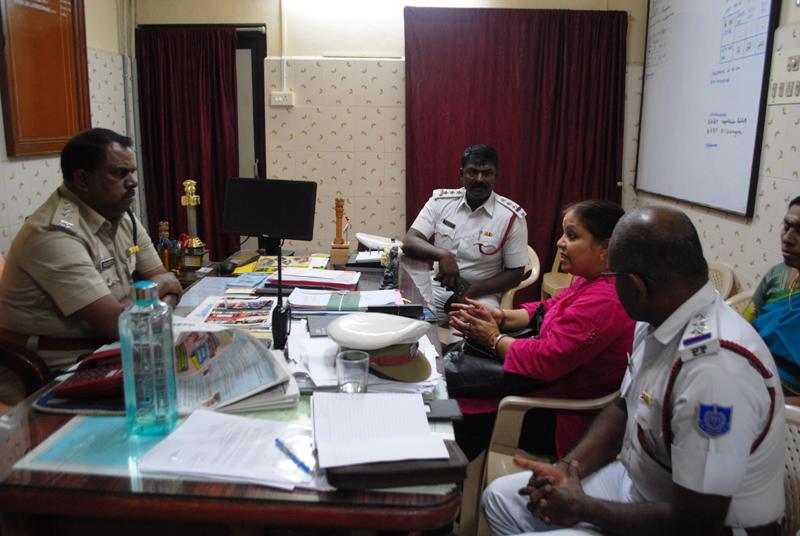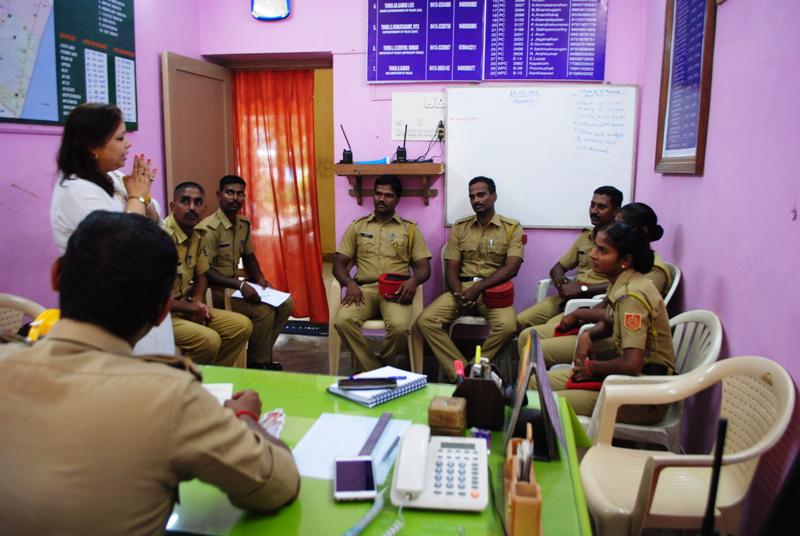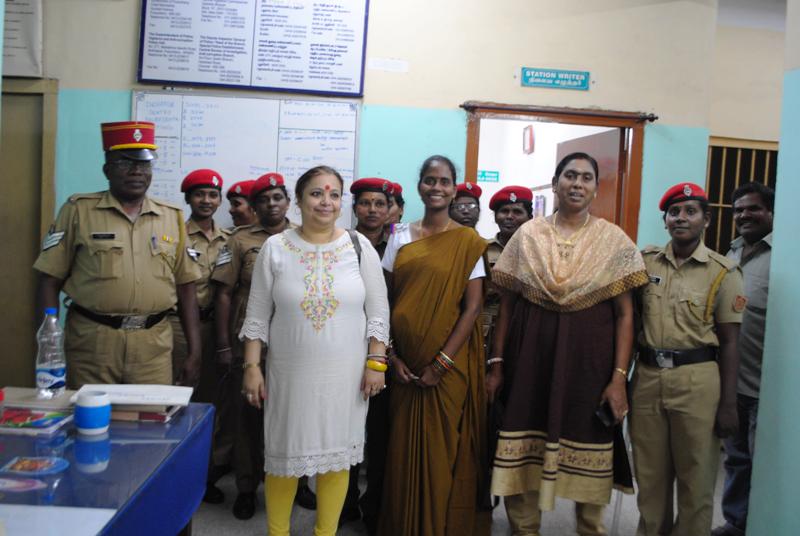Hanns Seidel Foundation (HSF) in the 6th year of its association with Centre for Social Research (CSR) has partnered on projects related to Water Conservation and Gender Mainstreaming projects, Safe Cities Project and Gender Sensitization of multiple stakeholders. As part of the Safe Cities Project last year, we undertook trainings of the Police Officials in the states of Karnataka and Jammu Kashmir. This year we are revisiting Jammu and also covering Manipur and Pondicherry.


The team of CSR visited Pondicherry Union Territory to undertake Training Needs Assessment from 28th May to 31st May 2017. Wholesome interactions were held with the police officials stationed at the Police stations, Traffic Police force, Trainers and Chairman of the Police Academy School and the local NGOs who are working on gender issues. A detailed report of the same shall be shared on the public domain towards the completion of the Project.
The primary aim of Training Needs Assessment is to create a tailored module as per the specific law and order challenges in the geography. The assessment form takes into consideration the demographic details, prior exposure to trainings similar to the one undertaken by CSR, understanding of and expectation from the training at the outset along with the preferred mode of pedagogy.


The training would seek to understand the problems faced or pre-empted by the police officials (communication and outreach given the legal complexities) and optimization of limited legal resources to sensitively handle survivors and their cases.
From the perspective of survivors, the training would undertake dialogue on non-reporting of crimes by the survivor or the survivor withdrawing legal statements in registered cases / crimes. Prima facie, there might be a possibility that the survivor and the victim finds herself lacking alternatives for better ways to acquire justice. This possibility not only has to be investigated but also rectified.


The police training shall give a theoretical sheen of gender constructs and a sociological approach to understanding the same. In order to do so, CSR and HSF felt it was imperative to undertake a Training Needs Assessment (TNA) that would fine tune the trainings as per individual states and their requirement. It was also facilitate taking on board local resource people who would table the discussion in the two day training for each of the states.




